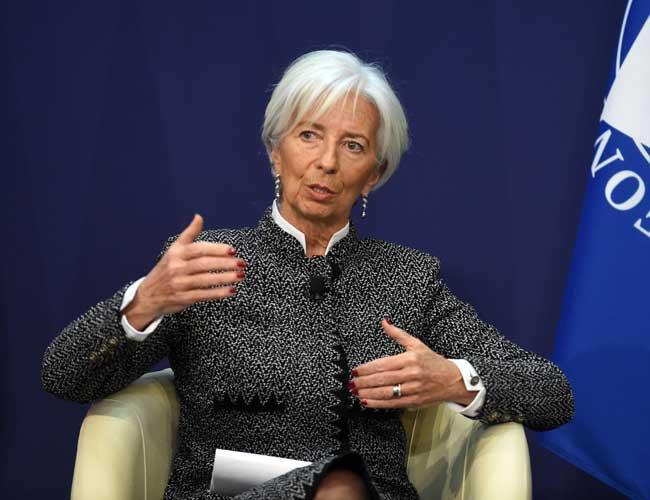
The International Monetary Fund (IMF) has revised up its growth estimates for Turkey by 0.8 percent for 2018 and 2019.
The IMF made the revision in a report to be submitted at the G-20 meetings of finance ministers and central bankers on March 19-20 in Argentina.
The Turkish economy is estimated to grow 4.3 percent in 2018 and 2019 for each, according to the IMF.
The revision came days after the Organization for Economic Cooperation and Development (OECD) revised up its estimate for Turkey’s economic growth in its global economic outlook.
In the interim OECD Economic Outlook, which was released on March 13, Turkey is estimated to have grown 6.9 percent in 2017. In the organization’s previous report in November 2017, Turkey’s economic growth was estimated to exceed 6 percent in 2017, driven by strong fiscal stimulus and an export market recovery. Turkey’s GDP is expected to rise by 5.3 percent for 2018 and 5.1 percent for 2019, from 4.9 percent and 4.7 percent respectively, according to the OECD.
The IMF also said there is room to address the rapid increase in leverage both through micro- and macro-prudential policies in China, Korea and Turkey.
“Depending on country needs and the relative importance of demand and supply factors, macro-prudential measures can help curb credit growth through a combination of limits to debt-service-to-income and loan-to-value ratios and the strengthening of banks’ capital buffers,” it added.
Meanwhile, the concluding statement of an IMF mission in Turkey has warned of the danger of overheating in the country’s economy following a rapid recent recovery, asking for further monetary and fiscal tightening.
On Feb. 16, the IMF Staff Concluding Statement of the 2018 Article IV Mission noted that following a slowdown in activity in 2016, Turkey’s economic growth recovered sharply last year with the help of policy stimulus and favorable external conditions.
“Such has been the strength of the recovery that the economy now faces signs of overheating: A positive output gap, inflation well above target and a wider current account deficit,” read the statement.